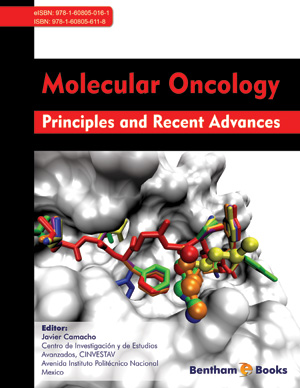Abstract
There is a close and direct relationship between the magnitude of the exposure of compounds in the environment that disrupts its natural equilibrium and the development of disease. Many of these substances act as mutagens or promoters or synergistically behave as carcinogens, and thus contribute to the growing incidence of cancer worldwide. However, the underlying mechanisms involved in the induction of genomic instability, genotoxicity, mutations and consequent increased cell proliferation are still a matter of intense research. In particular, tobacco smoke, exposure to radiation, pesticides, dioxins, organic compounds, metals and metalloids, and outdoor air pollution, will be reviewed with respect to epigenetic events, genetic polymorphism susceptibility, gene expression and signal transduction modification, and oxidative stress cellular events related to carcinogenesis.
Keywords: Environment, genes, tobacco, UV radiation, pesticides, dioxins, benzene, estrogens, cancer, chromium, cadmium, arsenic, air pollution, particulate matter, reactive oxygen species.






















